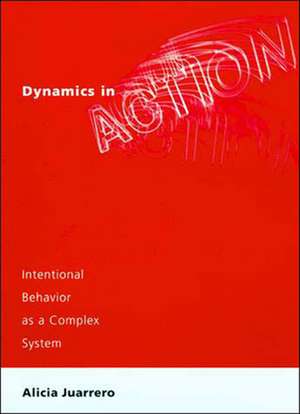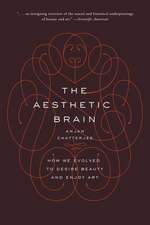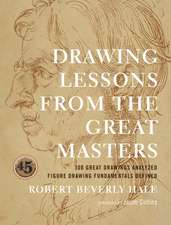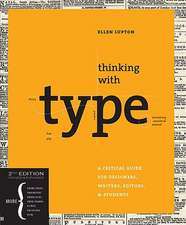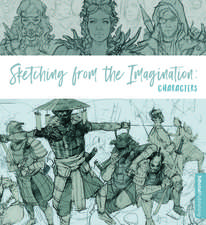Dynamics in Action – Intentional Behavior as a Complex System
Autor Alicia Juarreroen Limba Engleză Paperback – 28 feb 2002
Alicia Juarrero argues that a mistaken, 350-year-old model of cause and explanation--one that takes all causes to be of the push-pull, efficient cause sort, and all explanation to be prooflike--underlies contemporary theories of action. Juarrero then proposes a new framework for conceptualizing causes based on complex adaptive systems. Thinking of causes as dynamical constraints makes bottom-up and top-down causal relations, including those involving intentional causes, suddenly tractable. A different logic for explaining actions--as historical narrative, not inference--follows if one adopts this novel approach to long-standing questions of action and responsibility.
Preț: 390.36 lei
Nou
74.71€ • 77.70$ • 62.52£
Carte tipărită la comandă
Livrare economică 15-29 martie
Specificații
ISBN-10: 0262600471
Pagini: 300
Ilustrații: 7
Dimensiuni: 165 x 230 x 14 mm
Greutate: 0.38 kg
Editura: Mit Press
Descriere
What is the difference between a wink and a blink? The answer is important not only to philosophers of mind, for significant moral and legal consequences rest on the distinction between voluntary and involuntary behavior. However, "action theory"-the branch of philosophy that has traditionally articulated the boundaries between action and non-action, and between voluntary and involuntary behavior-has been unable to account for the difference. Alicia Juarrero argues that a mistaken, 350-year-old model of cause and explanation-one that takes all causes to be of the push-pull, efficient cause sort, and all explanation to be prooflike-underlies contemporary theories of action.
Juarrero then proposes a new framework for conceptualizing causes based on complex adaptive systems. Thinking of causes as dynamical constraints makes bottom-up and top-down causal relations, including those involving intentional causes, suddenly tractable. A different logic for explaining actions-as historical narrative, not inference-follows if one adopts this novel approach to long-standing questions of action and responsibility.
